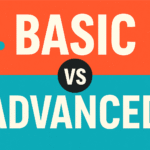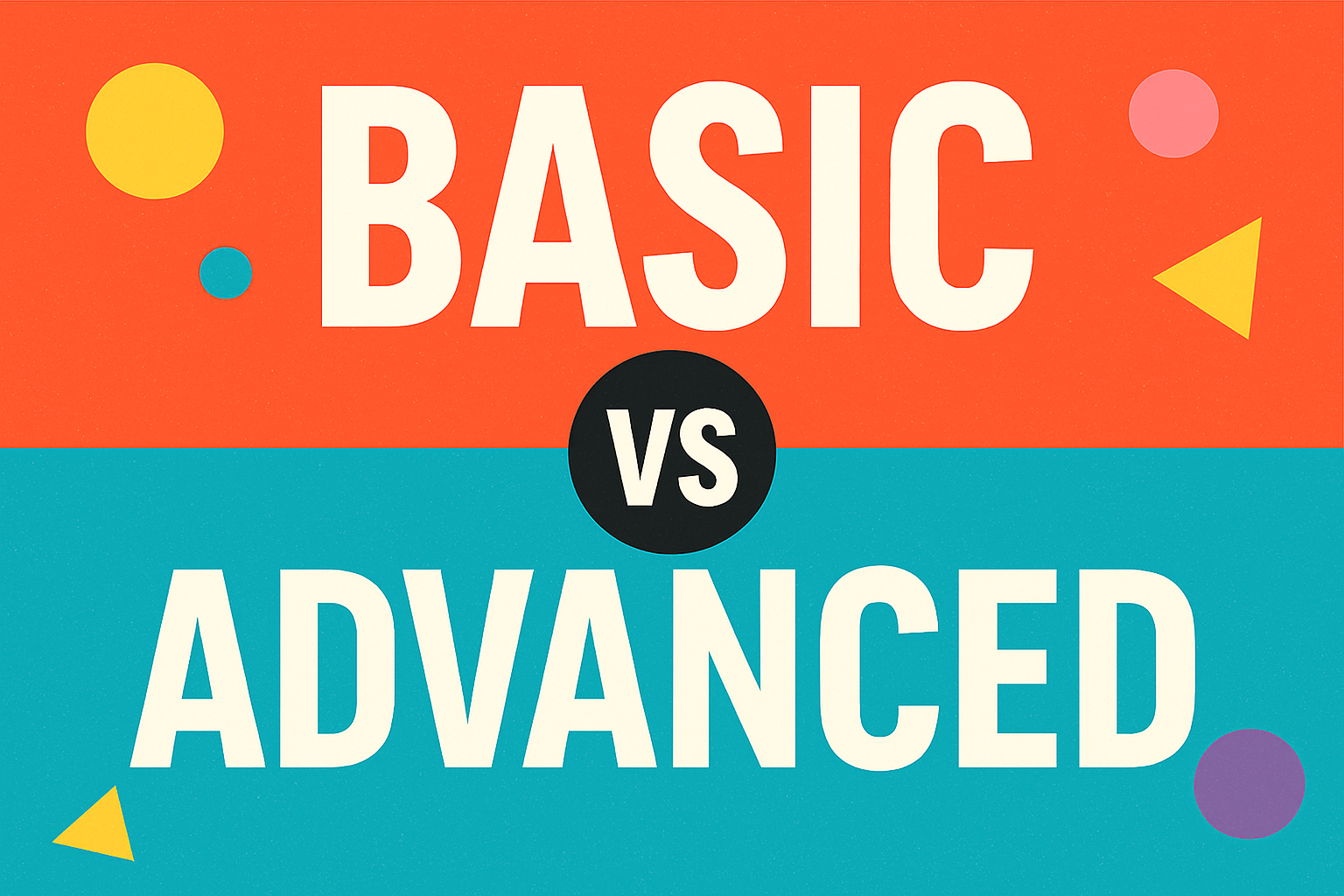The IELTS (International English Language Testing System) exam assesses four key language skills: Listening, Reading, Writing, and Speaking. Each skill is tested separately, and understanding their format, requirements, and strategies is crucial for success. Below, I’ll explain each section, including its structure, scoring, and tips for preparation, tailored for the IELTS (Academic or General Training). The explanation assumes you’re seeking an overview for IELTS preparation, but let me know if you need specific strategies, practice questions, or deeper details.
1. Listening
Overview: The Listening test evaluates your ability to understand spoken English in various contexts, such as conversations, monologues, and academic discussions.
- Format:
- Duration: ~30 minutes (plus 10 minutes to transfer answers).
- 4 recordings, 40 questions (10 per section).
- Recordings include:
- A casual conversation (e.g., booking a hotel).
- A monologue on a general topic (e.g., a talk about local facilities).
- A conversation in an educational context (e.g., students discussing a project).
- An academic monologue (e.g., a lecture).
- Question types: Multiple choice, matching, sentence completion, short-answer, diagram/map labeling.
- Same for Academic and General Training.
- Scoring:
- 1 mark per correct answer (out of 40).
- Band scores range from 0–9, based on raw scores (e.g., 30/40 ≈ Band 7).
- Key Skills Tested:
- Understanding main ideas and specific details.
- Recognizing opinions, attitudes, and purposes.
- Following the development of ideas.
- Tips for Preparation:
- Practice Active Listening: Listen to podcasts, news (e.g., BBC, NPR), or IELTS practice recordings to get used to accents (British, Australian, American).
- Predict Answers: Before listening, skim questions to anticipate answers.
- Focus on Keywords: Underline keywords in questions to spot them in the audio.
- Practice Spelling: Answers must be spelled correctly (e.g., “theater” vs. “theatre”).
- Use Practice Tests: Familiarize yourself with timing and question types using official IELTS materials.
- Transfer Answers Carefully: Double-check spelling and grammar during the 10-minute transfer time.
2. Reading
Overview: The Reading test assesses your ability to understand written texts, ranging from factual to analytical, by answering questions based on given passages.
- Format:
- Duration: 60 minutes, 40 questions.
- Academic: 3 long passages (700–1000 words each) from journals, books, or newspapers, often academic in tone.
- General Training: 3 sections:
- Section 1: 2–3 short texts (e.g., advertisements, notices).
- Section 2: 2 work-related texts (e.g., job descriptions).
- Section 3: 1 longer, general-interest text.
- Question types: Multiple choice, true/false/not given, matching headings, sentence completion, summary completion, matching information.
- Scoring:
- 1 mark per correct answer (out of 40).
- Band scores vary by module (e.g., Academic: 30/40 ≈ Band 7; General Training: 34/40 ≈ Band 7).
- Key Skills Tested:
- Identifying main ideas, themes, and specific details.
- Understanding implied meanings and writer’s opinions.
- Skimming, scanning, and paraphrasing.
- Tips for Preparation:
- Skim and Scan: Practice skimming for the main idea and scanning for specific details to manage time (60 minutes for 3 passages).
- Expand Vocabulary: Read newspapers, magazines (e.g., The Guardian, National Geographic), or academic articles to handle diverse topics.
- Understand Paraphrasing: IELTS often uses synonyms (e.g., “happy” in the passage might be “content” in the question).
- Practice Question Types: Focus on tricky ones like True/False/Not Given or matching headings.
- Time Management: Aim for ~20 minutes per passage; don’t linger on difficult questions.
- Use Official Materials: Practice with IELTS sample tests to understand passage difficulty.
3. Writing
Overview: The Writing test evaluates your ability to express ideas clearly and coherently in written English, with tasks requiring different styles (descriptive, analytical, or argumentative).
- Format:
- Duration: 60 minutes.
- Task 1 (20 minutes, 150 words minimum):
- Academic: Describe a chart, graph, table, diagram, or map (e.g., a bar chart showing population growth).
- General Training: Write a letter (formal, semi-formal, or informal, e.g., requesting information or complaining).
- Task 2 (40 minutes, 250 words minimum):
- Both modules: Write an essay (e.g., discuss an opinion, problem-solution, or argument).
- Task 2 carries more weight in scoring.
- Scoring:
- Band 0–9, based on four criteria (each 25%):
- Task Achievement/Response (addressing the prompt fully).
- Coherence and Cohesion (logical organization, linking ideas).
- Lexical Resource (vocabulary range and accuracy).
- Grammatical Range and Accuracy (variety and correctness of grammar).
- Example: Band 7 requires clear ideas, good organization, varied vocabulary, and mostly accurate grammar.
- Band 0–9, based on four criteria (each 25%):
- Key Skills Tested:
- Organizing ideas logically (introduction, body, conclusion).
- Using appropriate vocabulary and grammar.
- Addressing the task fully (e.g., describing trends in Task 1, arguing a point in Task 2).
- Tips for Preparation:
- Plan Before Writing: Spend 2–3 minutes outlining to stay on topic.
- Task 1 Strategies:
- Academic: Focus on key trends, comparisons, and data (e.g., “The graph shows a steady increase in…”).
- General Training: Match the tone to the letter type (e.g., formal: “Dear Sir/Madam”).
- Task 2 Strategies: Use a clear structure (introduction, 2–3 body paragraphs, conclusion). Address all parts of the question (e.g., discuss both views if asked).
- Expand Vocabulary: Learn topic-specific words (e.g., environment: “pollution,” “sustainability”).
- Practice Grammar: Use complex sentences (e.g., “Although…”) and varied structures.
- Check Word Count: Aim for 150+ (Task 1) and 250+ (Task 2); under-length responses lose marks.
- Review Samples: Study Band 7–9 sample answers to understand examiner expectations.
4. Speaking
Overview: The Speaking test assesses your ability to communicate verbally, focusing on fluency, coherence, pronunciation, vocabulary, and grammar.
- Format:
- Duration: 11–14 minutes, face-to-face with an examiner (or video call in some cases).
- 3 parts:
- Introduction and Interview (4–5 minutes): Answer questions about yourself (e.g., family, hobbies, work).
- Individual Long Turn (3–4 minutes): Speak for 1–2 minutes on a given topic (cue card), with 1 minute to prepare.
- Two-Way Discussion (4–5 minutes): Discuss abstract questions related to the cue card topic.
- Same for Academic and General Training.
- Scoring:
- Band 0–9, based on four criteria (each 25%):
- Fluency and Coherence (speaking naturally, connecting ideas).
- Lexical Resource (vocabulary range and accuracy).
- Grammatical Range and Accuracy (variety and correctness).
- Pronunciation (clarity, intonation, accent intelligibility).
- Band 0–9, based on four criteria (each 25%):
- Key Skills Tested:
- Speaking fluently without long pauses.
- Using a range of vocabulary and grammar.
- Pronouncing words clearly and expressing ideas logically.
- Tips for Preparation:
- Practice Speaking Daily: Talk about random topics (e.g., describe your favorite book) to build fluency.
- Use the Cue Card Structure: For Part 2, cover who, what, where, when, why, and how in your response.
- Expand Answers: Avoid one-word answers in Part 1; give reasons or examples (e.g., “I like reading because…”).
- Work on Pronunciation: Practice stress, intonation, and difficult sounds (e.g., “th” in “think”).
- Record Yourself: Listen to identify pauses, repetition, or pronunciation issues.
- Simulate the Test: Practice with a partner or tutor to mimic the examiner’s questions.
- Learn Topic Vocabulary: Common topics include education, technology, environment, and culture.
General IELTS Preparation Tips
- Understand the Test Format: Familiarize yourself with question types and timing using official IELTS resources (e.g., British Council, IDP).
- Take Practice Tests: Use Cambridge IELTS books or online platforms to simulate test conditions.
- Focus on Weaknesses: If writing is your weakest skill, practice essays; if speaking, record yourself.
- Manage Time: Practice completing each section within the time limit (e.g., 60 minutes for Reading/Writing).
- Learn Band Descriptors: Review IELTS band descriptors (available on official websites) to know what examiners expect for Bands 6, 7, or 8.
- Consider Coaching: If self-study isn’t enough, join an IELTS preparation course or hire a tutor.
Scoring Overview
- Each section (Listening, Reading, Writing, Speaking) is scored on a band scale of 0–9.
- The Overall Band Score is the average of the four sections, rounded to the nearest 0.5 (e.g., Listening 7, Reading 6.5, Writing 6, Speaking 7 = Overall 6.5).
- Different institutions require different band scores (e.g., universities often require 6.5–7.5).
Connecting to Phrasal Verbs and Tenses
Since you previously asked about phrasal verbs and tenses, here’s how they relate to IELTS:
- Phrasal Verbs: Common in Listening and Speaking (e.g., “pick up,” “run out of”). Use them naturally in Speaking/Writing Task 2 to show vocabulary range, but avoid overuse in formal Writing Task 1 (Academic).
- Example: I ran out of time while preparing for the exam. (Speaking, informal).
- Tenses: Crucial for all sections.
- Listening/Reading: Understand mixed tenses in passages or recordings (e.g., present perfect for recent events).
- Writing: Use appropriate tenses (e.g., past for trends in Academic Task 1, present for arguments in Task 2).
- Speaking: Mix tenses naturally (e.g., past for experiences, future for plans).
- Example: I have been studying English for two years, and I will take the IELTS next month. (Speaking, Part 1).









